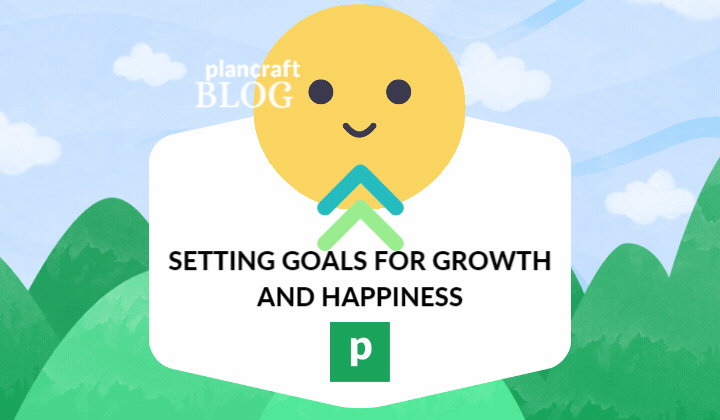(Don't forget to unmute)
Setting Goals for Growth and Happiness: A Guide for Financial Advisors
In the dynamic world of financial advising, setting goals is not just about achieving business targets—it's also about fostering personal growth and ensuring happiness. This dual focus not only enhances professional success but also promotes a balanced, fulfilling life. Let's explore how financial advisors can set goals that cater to both growth and personal satisfaction.
Understanding the Interplay Between Growth and Happiness
Research shows that the pursuit of growth and happiness should not be separate endeavors. Studies indicate that professionals who engage in continuous personal development report higher job satisfaction and better performance. For financial advisors, this could mean engaging in regular training, staying updated with the latest financial tools, and integrating new strategies that align with both personal values and professional aspirations.
Goals that Foster Professional Growth
For financial advisors, professional growth often centers around expanding client bases, increasing assets under management (AUM), and enhancing financial planning skills. However, successful goal setting in these areas involves more than just numbers:
- Client Relationships: Instead of merely increasing client numbers, focus on deepening existing relationships. This involves understanding clients' needs on a deeper level, which not only improves service quality but also client retention and satisfaction.
- Skill Advancement: Continuous learning is vital. Whether it's becoming proficient in new financial software or attending workshops on emerging financial products, enhancing your skill set can make your advisory services more robust and competitive.
- Efficiency Goals: Implementing time management strategies and automation can free up time, allowing advisors to focus on high-value activities that directly contribute to business growth.
Incorporating Personal Happiness into Goals
Personal happiness is crucial for sustained professional success. Goals related to personal well-being might include:
- Work-Life Balance: Setting boundaries to ensure enough time is spent with family or on hobbies can prevent burnout. For example, scheduling specific times for work and leisure can help maintain this balance.
- Mental Health: Regular exercise, meditation, and downtime are essential for mental well-being. Advisors should consider these activities as non-negotiable aspects of their weekly schedule.
- Personal Milestones: Celebrate personal achievements outside of work. Whether it's running a marathon or mastering a new skill, personal accomplishments contribute to overall happiness and can rejuvenate professional motivation.
Setting SMART Goals
Goals should be Specific, Measurable, Achievable, Relevant, and Time-bound (SMART). This framework ensures that goals are clear and reachable within a specified timeframe, which increases the likelihood of success. For instance, instead of setting a vague goal like "increase AUM," a SMART goal would be "increase AUM by 15% by the end of Q4 through targeted marketing campaigns and enhancing client referral programs."
Reflecting and Adjusting Goals
Continuous reflection and flexibility in goal-setting are vital. Regularly reviewing goals allows advisors to adjust their strategies based on what’s working and what’s not. This adaptability not only improves outcomes but also ensures that the goals remain aligned with both professional growth and personal happiness.
Conclusion
For financial advisors, setting goals that encompass both professional growth and personal happiness is not just beneficial—it's essential. By integrating strategies that address both aspects, advisors can ensure they not only succeed in their careers but also enjoy the journey. As we navigate through the complex landscapes of finance, remembering to balance ambition with well-being can lead to a more satisfying and sustainable career









